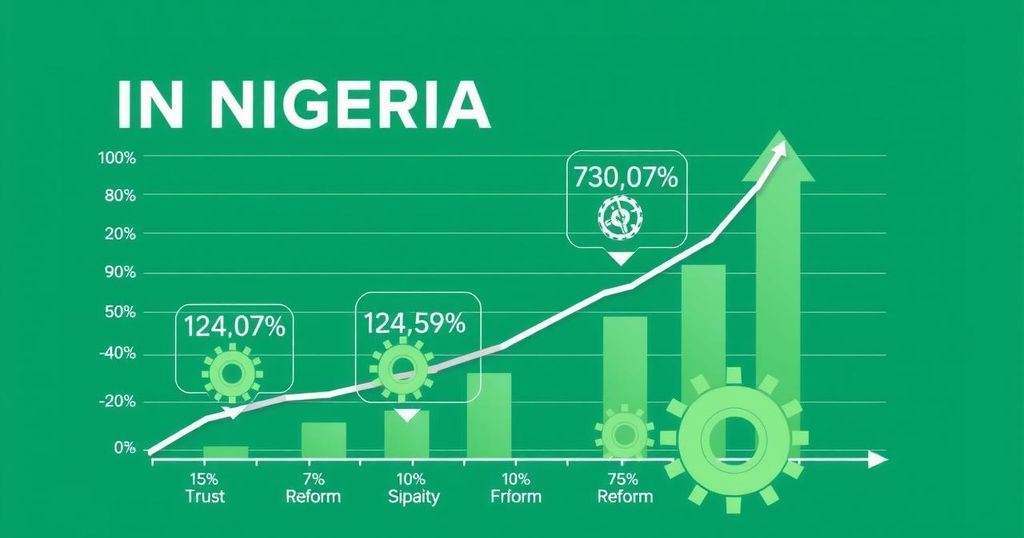IMF Urges Nigeria to Take Action to Exit the Grey List

- IMF calls for Nigeria to take action to exit the grey list.
- Significant progress on economic reforms has been acknowledged by the IMF.
- Ongoing challenges include inflation, infrastructure deficits, and security issues.
- The restoration of central bank independence is vital for economic stability.
- Efforts to strengthen the banking system have been recognized by the Fund.
IMF emphasizes reforms for Nigeria to exit grey list
IMF Urges Nigeria to Exit Grey List through Action on Reforms The International Monetary Fund (IMF) has recently made a call for proactive measures, urging Nigeria to take decisive action to exit the Financial Action Task Force (FATF) grey list. This appeal comes on the heels of the latest Article IV Consultation report, which lauds Nigeria’s economic reforms. These reforms have contributed to a slower inflation rate and a more stable foreign exchange market, which the IMF credited as a significant step forward for the country’s economy.
Challenges persist despite notable economic improvements
Progress Acknowledged Amidst Ongoing Challenges Furthermore, the IMF’s Executive Board Assessment recognized considerable advancements in strengthening Nigeria’s Anti-Money Laundering (AML) and Combating the Financing of Terrorism (CFT) framework, calling it a positive direction. However, it also warned of the considerable challenges that still loom over Nigeria’s economic landscape. Issues such as inflation, which, although it is decreasing, remains a concern, along with significant infrastructure deficits and security issues, pose threats to continued economic progress. The IMF commented on the need for Nigeria to address these challenges in order to maintain momentum towards leaving the grey list.
Central Bank reforms pave the way for economic stability
Central Bank Independence as a Crucial Reform Element The restoration of independence for the Central Bank of Nigeria is a pivotal aspect of Nigeria’s economic reset, according to the IMF. Following a period of often excessive fiscal management, the Bank has drastically reduced its use of the ‘Ways and Means’ facility, which had ballooned out of limits. This reduction signifies a vital step toward enhancing central bank governance and setting a solid foundation for inflation targeting, with headline inflation already dropping significantly from earlier highs.
In conclusion, the IMF has urged Nigeria to enhance measures and actions aimed at exiting the FATF grey list, recognizing significant economic reforms already in place. Despite progress, Nigeria faces pivotal challenges, including inflation and infrastructure deficits that could threaten future advancements. The importance of continued fiscal discipline and improvement in governance structures has been highlighted as crucial for sustaining Nigeria’s economic trajectory.








